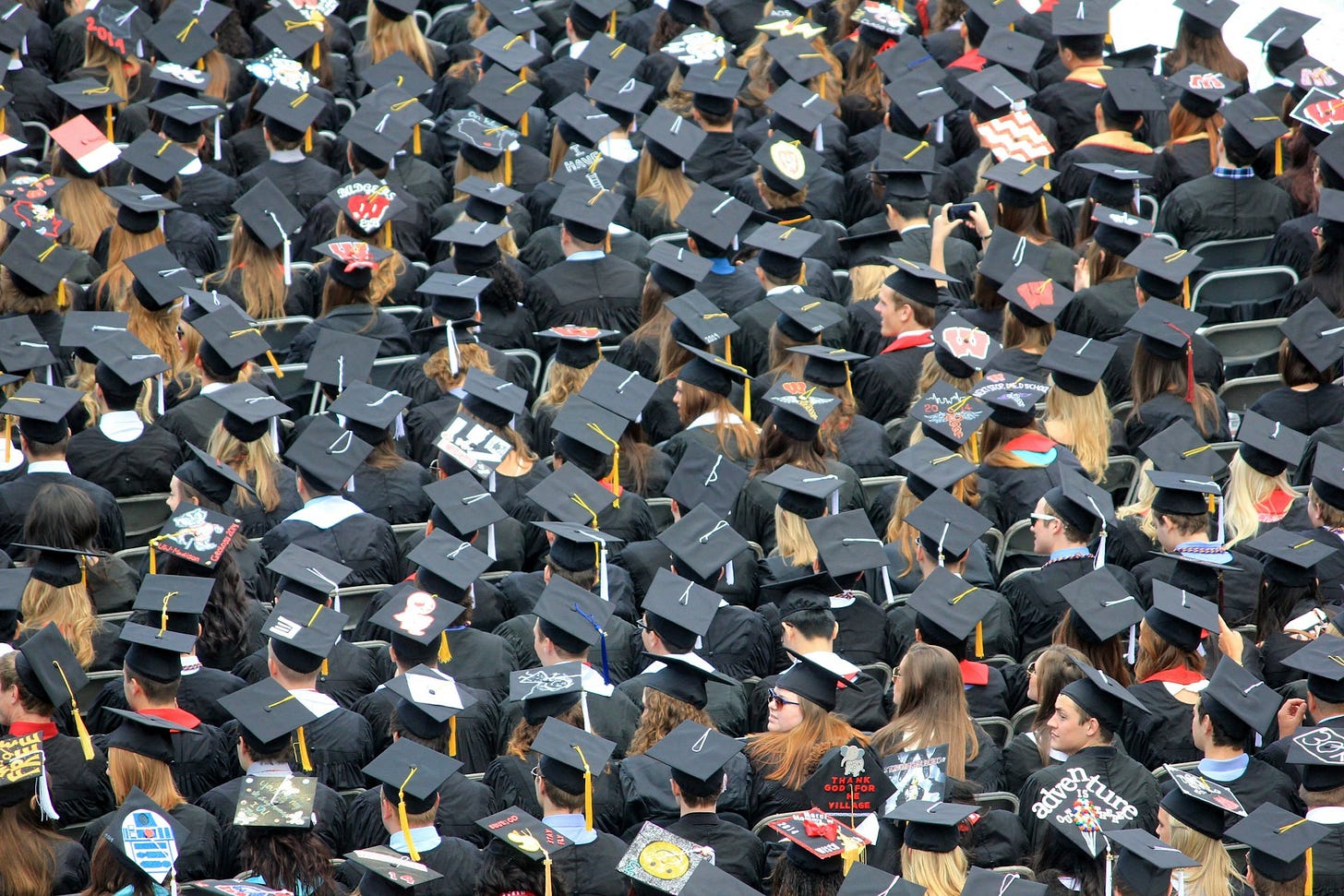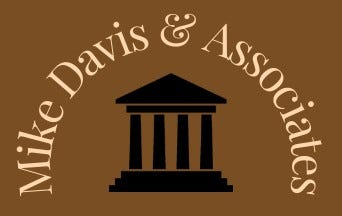Unfair as it may seem, is paycheck garnishment for student loans legal?
Understanding the difference between debt defense against debt buyers versus collecting on defaulted student loans.

Approximately 42.7 million student loan borrowers owe $1.6 trillion in student loan debt. And of that 42.7 million, 5 million haven’t made a monthly payment in almost a year (360 days), 4 million are in late-stage delinquency (91 to 180 days), and 10 million are a few months behind. On May 5, the U.S. Department of Education (led by second-time President Donald Trump) initiated federal student loan collections. But is this legal, especially considering the back-and-forth with former President Joe Biden’s student loan forgiveness program? Yes.
How collecting money owed to the IRS or student loans differs from collecting on credit card and other consumer debt
Unlike owing a credit card payment or a car loan to a private business, because student loans are backed by the government, a default federal student loan is considered money owed to the government. When a student loan is in default, the creditor (the government of the United States of America) doesn’t need to get a court judgment before effecting a wage deduction against the debtor. This is similar to owing back taxes to the Internal Revenue Service: the IRS can bypass court and place a lien on a home or enforce wage deduction orders until the past-due amount is paid. The government can also legally seize tax refunds, along with Social Security and disability benefits, until the entire past-due balance is received.
If taxpayers choose to challenge paycheck garnishment, it’s their responsibility to file a lawsuit against the IRS. The same rules apply for students who challenge defaulted student loans. The student loan borrower must file a lawsuit. While “student loan defense attorneys” may advertise their services for defending student borrowers, this usually just results in a lot of explaining about how deferred payments and the like work. And the money is still due.
Better way for default student loan borrowers is to fight paycheck garnishment
First, understand that being behind in payments doesn’t mean your next paycheck is completely wiped out — yet. Second, revisit any actions you’ve taken during the prior presidency to understand who to pay. For example, if you were a private Navient student loan borrower, your loan may have been “paid off” by the loan servicing company Mohela, which then took over collecting payments under the Federal Family Education Loan program.
Unless that FFEL loan was forgiven, the prior Navient loan is still due but to a different payee. Contact your current student loan borrower to understand what steps you must take during the payment phase. Chances are fairly high that student loan borrowers have received some type of postal mail clarifying which website to pay. If that website is not currently showing the active balance, refer to the snail mail address on the accompanying letter and pay the monthly balance by postal mail. (Not being able to pay electronically is not a valid excuse to not pay at all.) It is not advisable to still be holding out for student forgiveness now that the presidency has changed.
While nearly 2 million student loan borrowers are waiting for their Saving On A Valuable Education income-driven repayment applications to be processed, even after the Trump administration removed the online forms in March, there is a significant backlog for SAVE applications. And the longer a student loan borrower waits, the more likely that delinquent loan will be at risk of paycheck garnishment. (A “delinquent” loan happens after missing one day.)
In a legal filing on May 15, repayment applications were still pending with over 79,000 applications processed in April. While some borrowers have been placed on processing forbearance (a time period in which interest will not accrue), it is advisable to make even small payments toward the monthly balance to avoid the account showing no payment activity at all.
If the student loan borrower does decide to pursue this in court, having a paper trail of payments made may arguably show a good-faith effort toward trying to rectify the situation versus paying nothing.
Are you interested in reading more Defense by Davis posts like this one? Subscribe to my Substack account today! Check out Foundations of Construction Law too. For immediate needs, click here to contact me directly.





